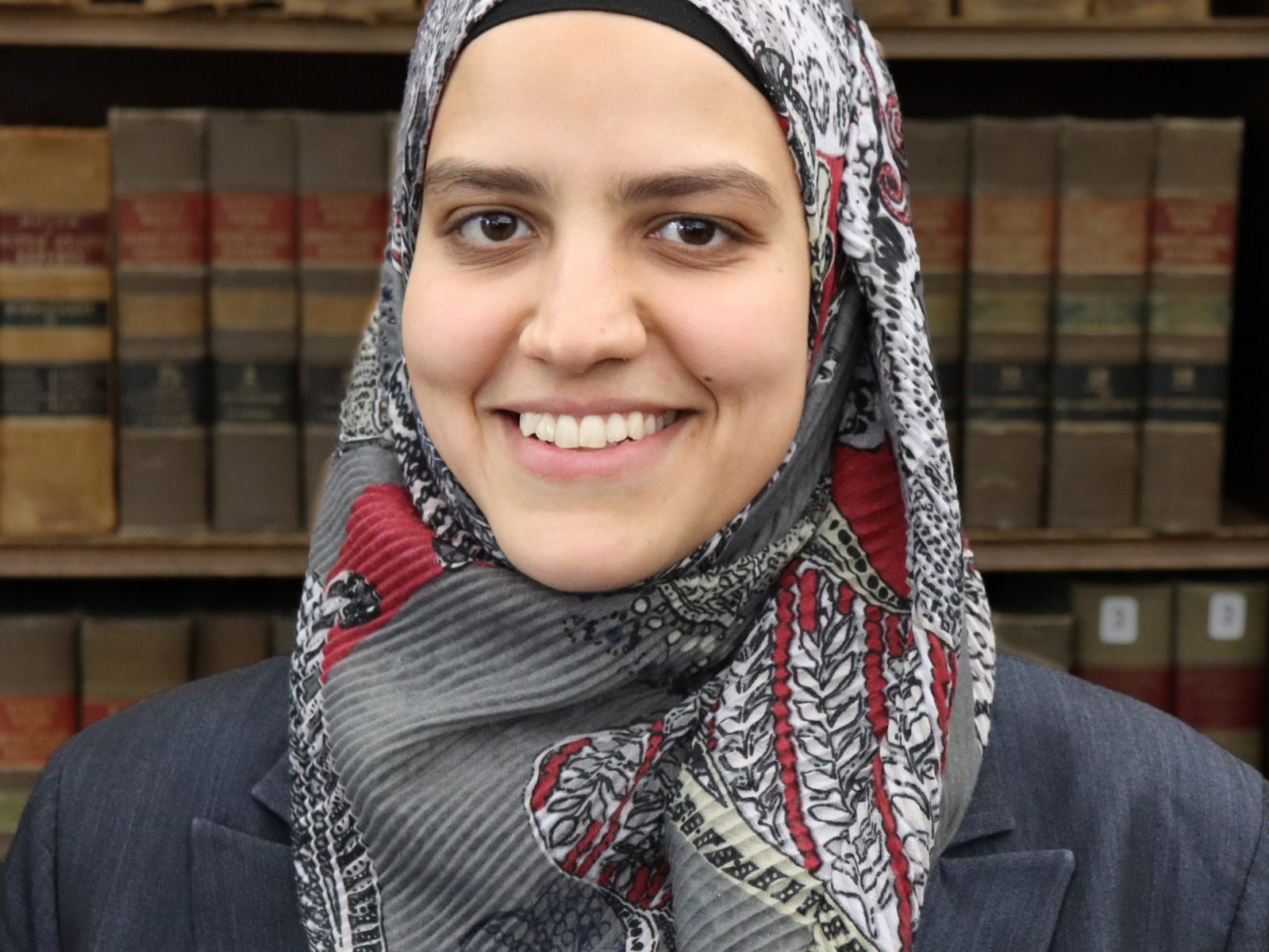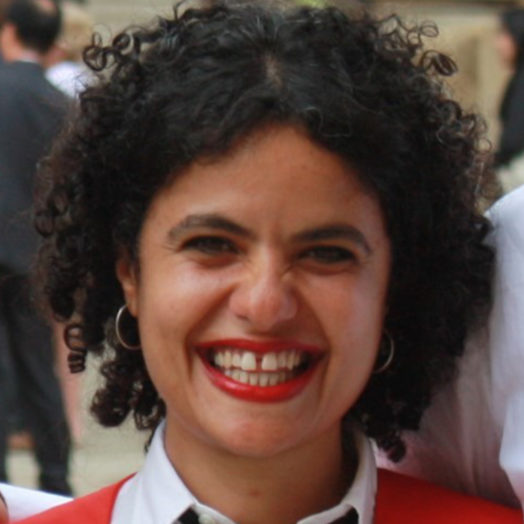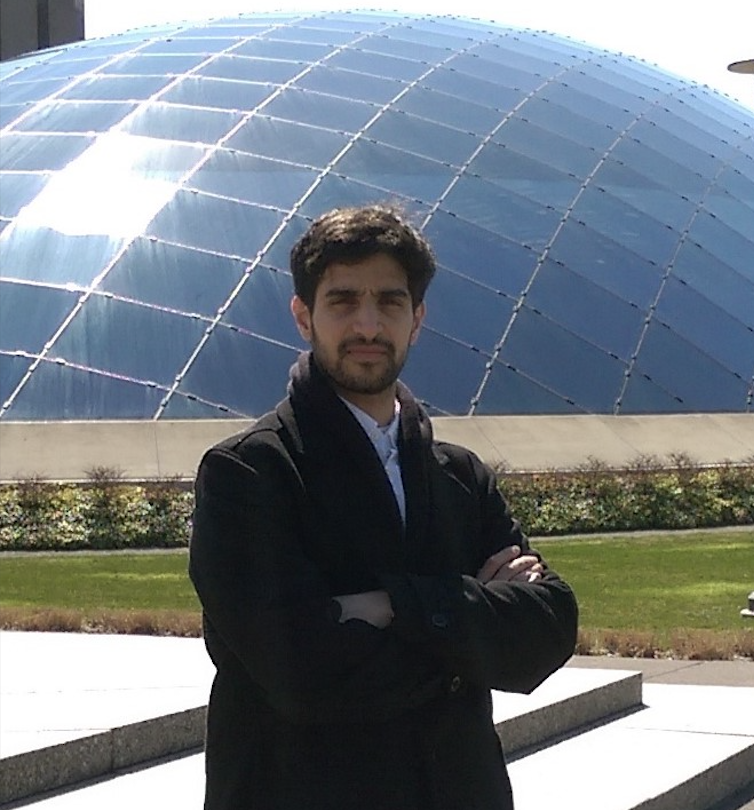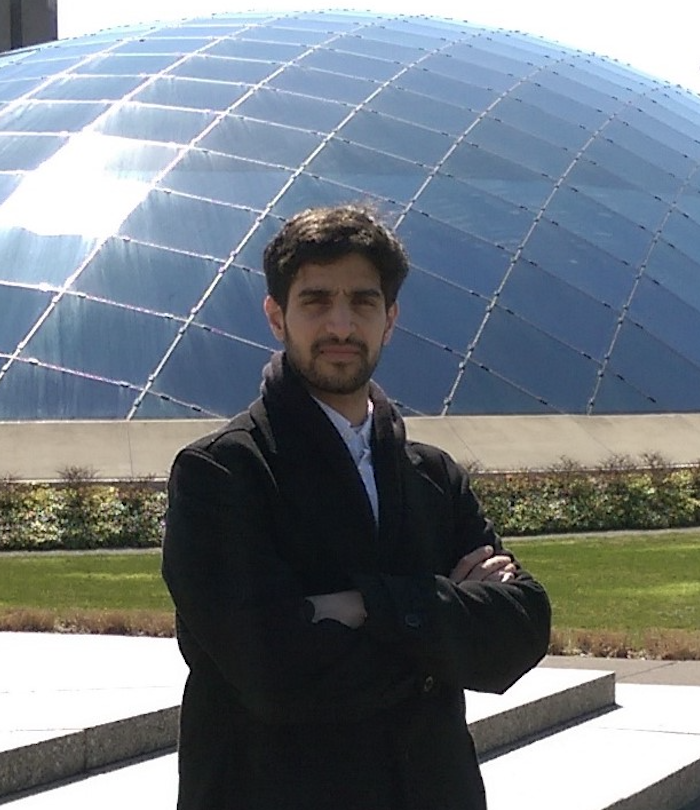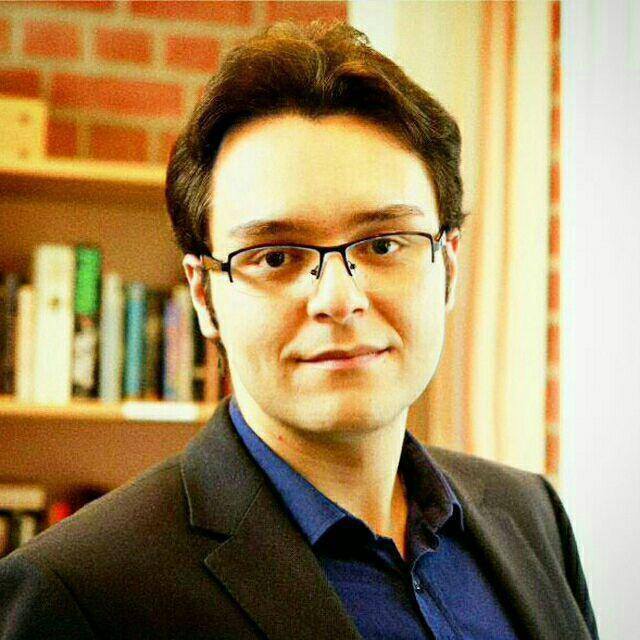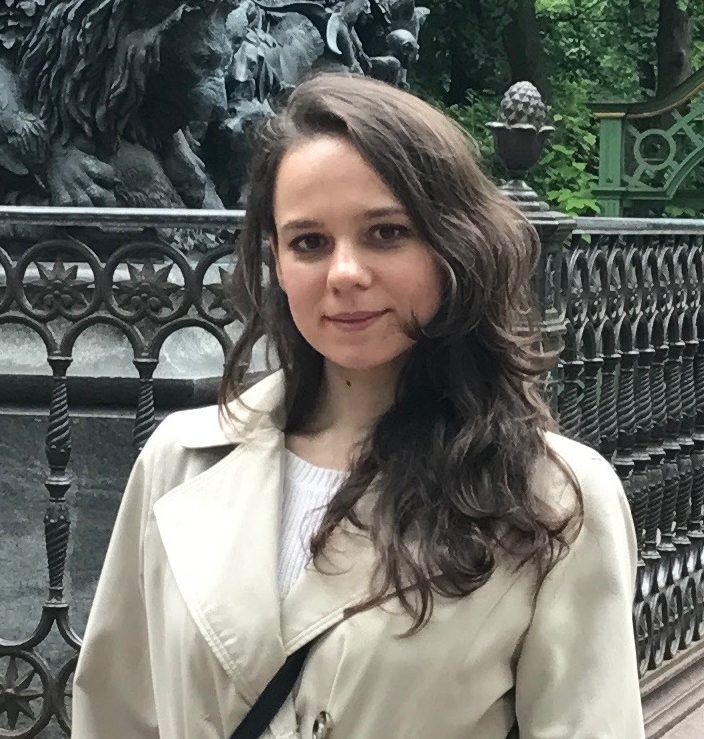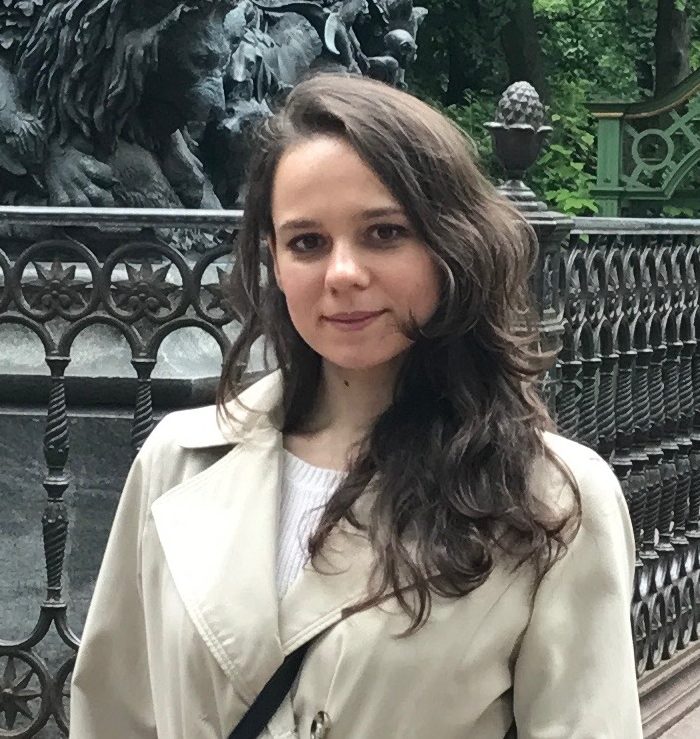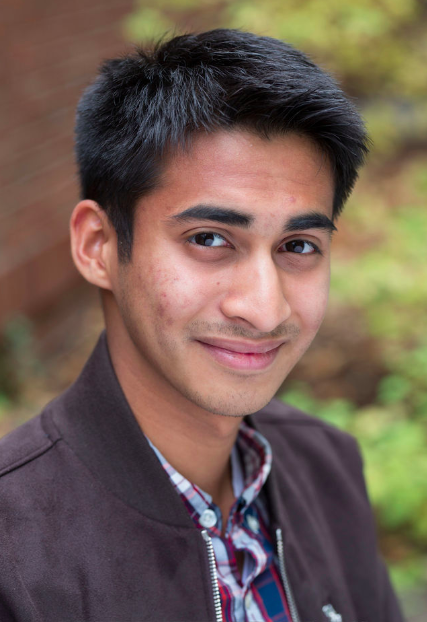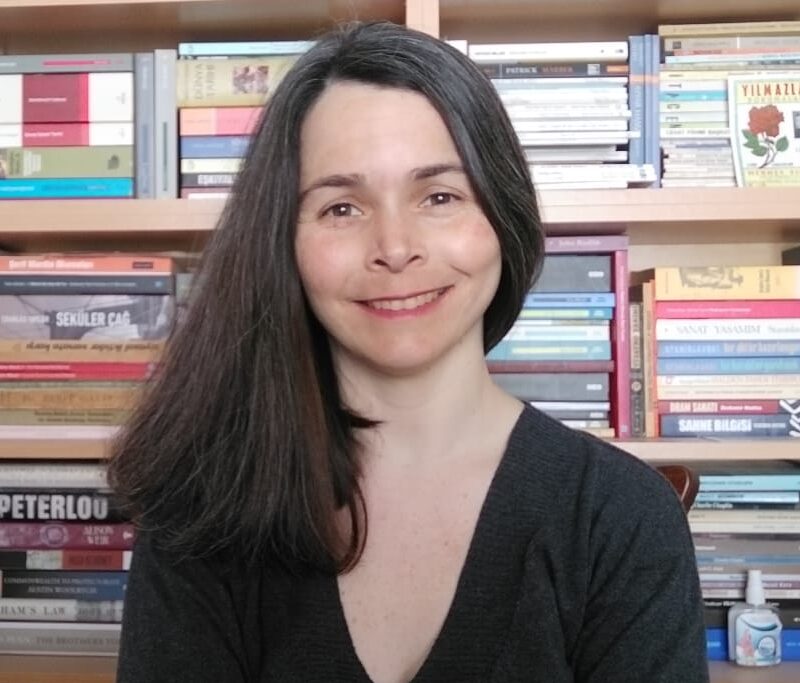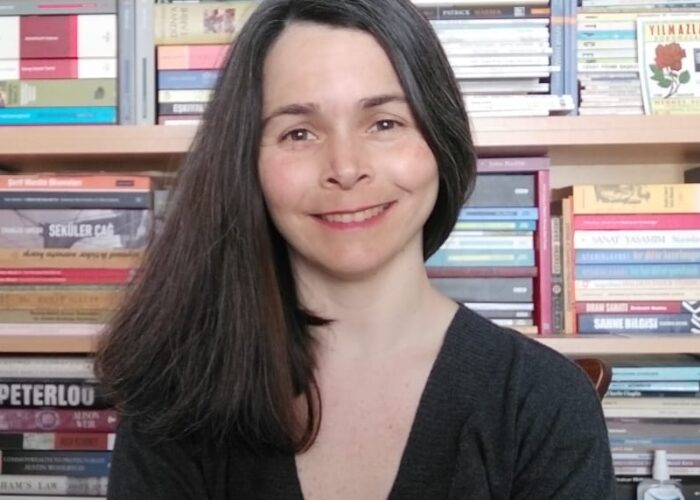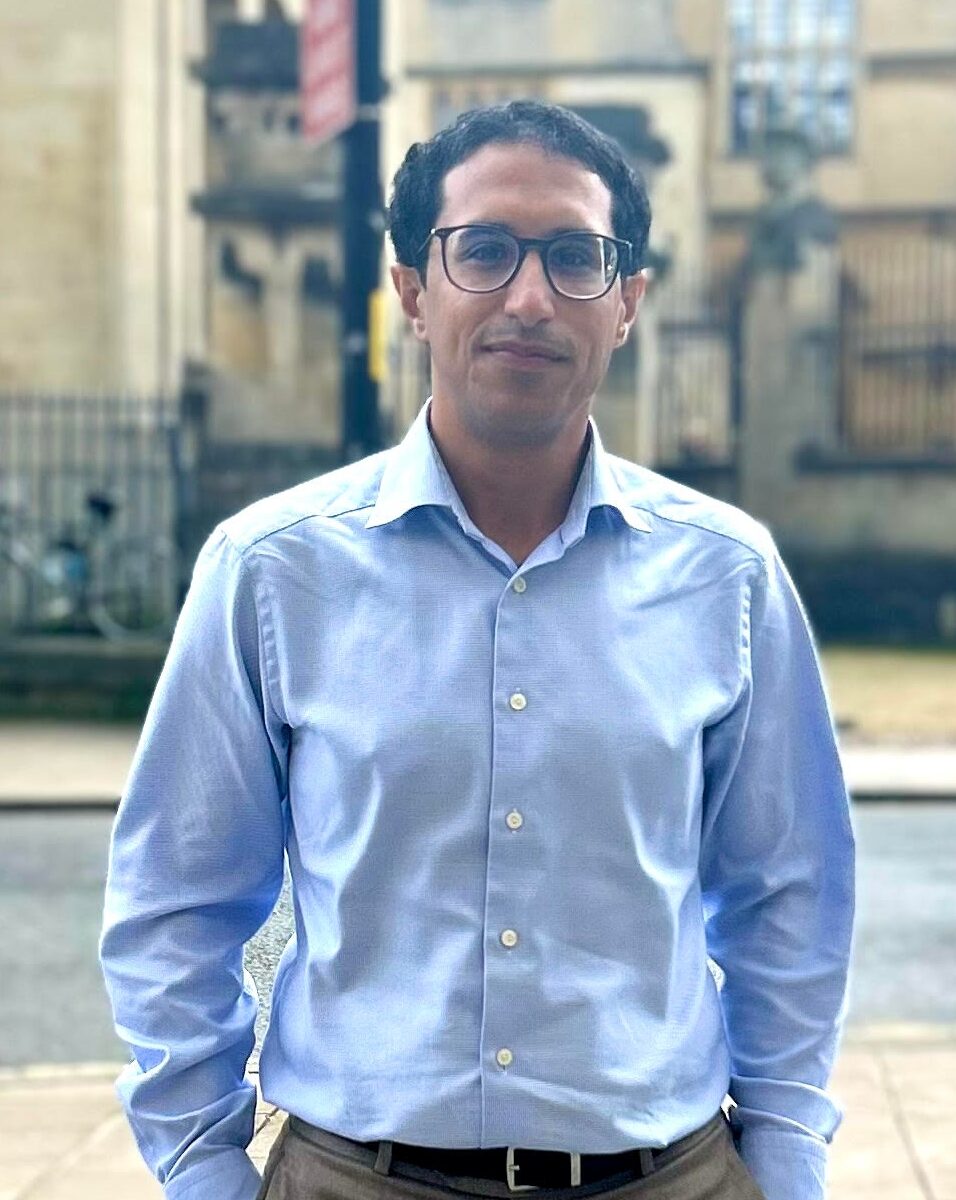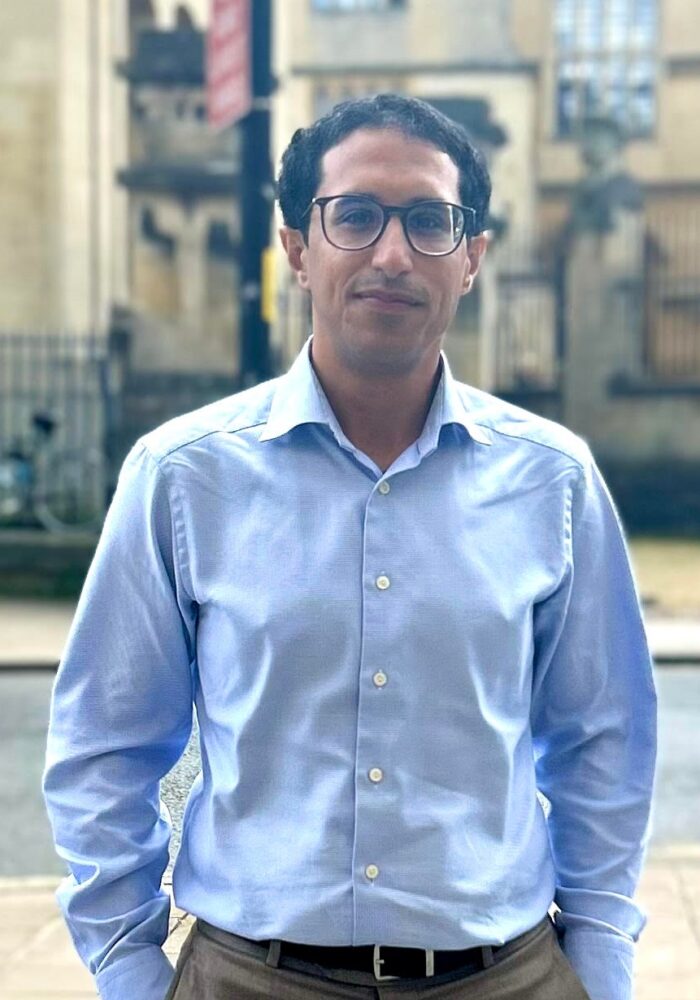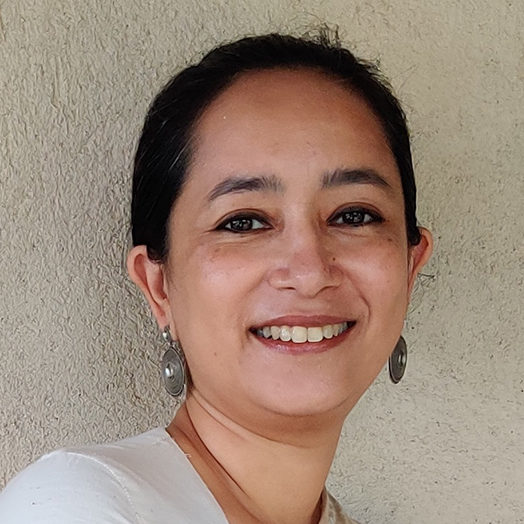Mariam Sheibani
Posted on September 25, 2023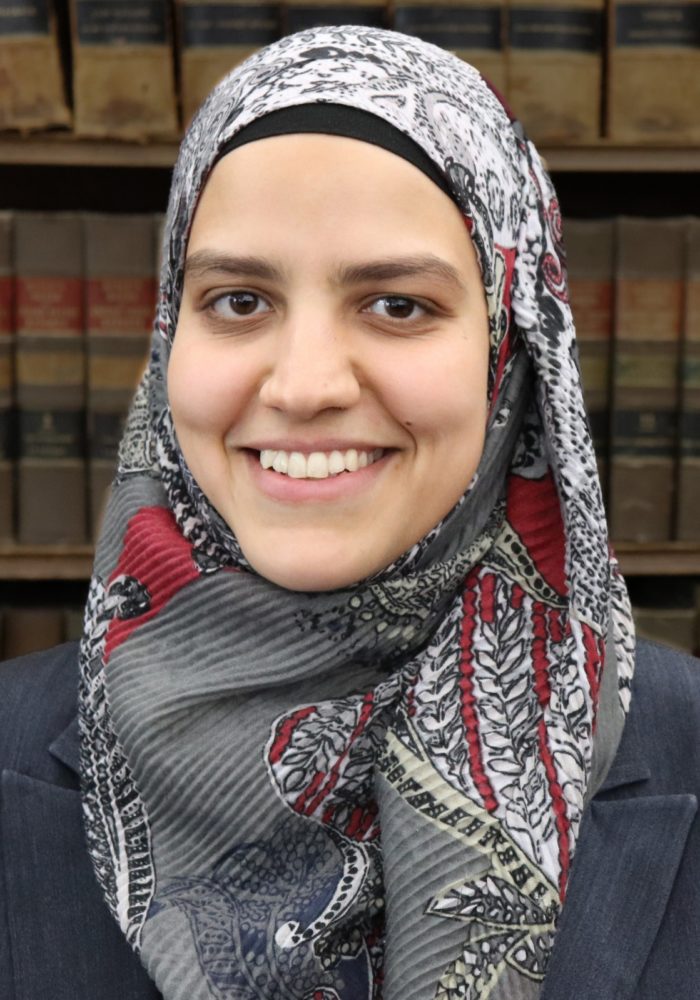
Mariam Sheibani is Assistant Professor in History at the Department of Historical and Cultural Studies at The University of Toronto Scarborough. In 2018, she received her PhD in Islamic Thought from the Department of Near Eastern Languages and Civilizations at the University of Chicago. Before joining the University of Toronto, she was a Research Fellow at Harvard Law School and Lecturer at Harvard Divinity School.
Her research interests are in late antique and medieval Islamic intellectual and cultural history, with a focus on the theory and practice of Islamic law and Islamic ethical traditions. Her first book project, Islamic Legal Philosophy: Ibn ʿAbd al-Salām and the Ethical Turn in Medieval Islamic Law, examines how Muslim jurists from the eleventh to fourteenth centuries addressed salient questions of legal philosophy and ethics, leading them to develop competing legal methodologies and visions of the law. The study centers on a prominent Damascene heir of Khorasani Shāfiʿism, ʿIzz al-Dīn b. ʿAbd al-Salām, a pivotal figure in the development of Islamic legal philosophy, ethics, and legal maxims (qawāʿid fiqhiyya).
Her other ongoing research projects investigate the construction of late antique Islamic law, judicial practice in medieval Mamluk Cairo, and classical doctrines of Muslim family law. She continues to serve as Lead Blog Editor for the Islamic Law Blog based at Harvard Law School. Prior to her doctoral studies, she earned a BA in Public Affairs and Policy Management, an MA in Legal Studies, and a second an MA in Islamic Thought. She has conducted research in Turkey, Jordan, Egypt, Morocco, Spain, the UK, and West Africa.
For more information on her scholarship and research, please visit https://www.mariamsheibani.com/.


